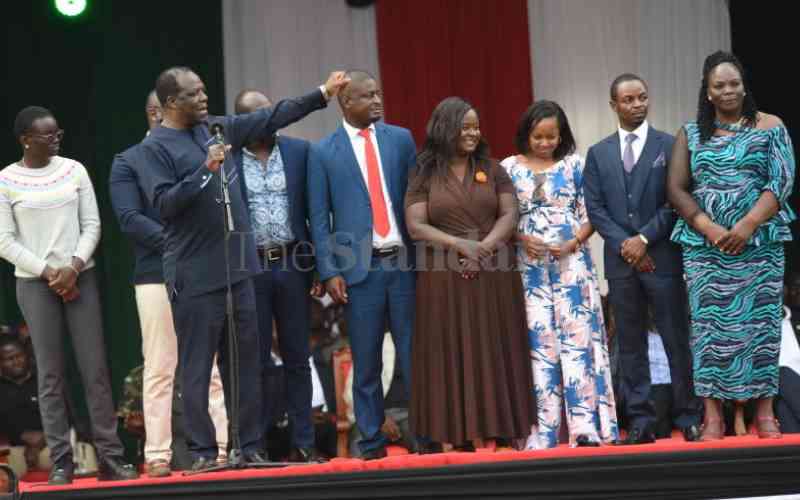×
The Standard e-Paper
Smart Minds Choose Us

Homecoming or elaborate political feast events are now a common feature in Kenya's politics and discourse.
They are commonplace in the country's political space where well-connected leaders organise to celebrate achievements like Government appointments or even winning an election.